Foreign experts deliver China's report card
Updated: 2015-02-11 07:55
By Pauline D. Loh(China Daily USA)
|
||||||||
It was an excellent score sheet, with straights A's in all major subjects, but notable room for improvement in others. That is the annual report card given by top foreign experts gathered for a pre-Lunar New Year meeting and dinner with Premier Li Keqiang on Tuesday at the Great Hall of the People.
Now that the stomach is satisfied, it is time to pay attention to heart, mind and soul.
Famous American futurist author of Mega-Trends John Naisbitt summed it up as he predicted world economic trends for the next quarter of a century.
"We call it the Global Game Change, and the game-changer is going to be China.
"It is bound to face strong headwinds of resistance, but the Middle Kingdom is back."
These headwinds, Naisbitt said, can be weakened by better communications, and the onus is on China.
"It is the responsibility of the sender to make the message understood."
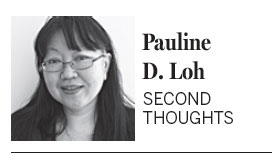
What Naisbitt said certainly resonated with many of the foreign experts present at Tuesday's meeting. Among the 15 who spoke or asked questions, several peppered their speeches with three themes they thought were important if China is to go striding forward: global integration, communications and transparency.
All three points are logically linked, and no one knew better than the handful of media foreign experts invited to join their colleagues in the sciences and engineering this year.
China Daily, too, participated in the symposium for the first time, with two foreign experts from editorial - working journalists who have to deal with these too familiar issues every day.
The English media in China must realize their role goes far beyond simple translation. They have to be aware they guard the credibility of interpretation, and that it is a dual duty that must transcend linguistic and cultural barriers and abilities.
It is often the culture that needs more interpretation than the language, and this is where the process often fails.
Those responsible for English media in China are not only journalists. They are ambassadors and diplomats. They have to walk the fine line between "right to know" and "national pride and security". They have to understand the nuances of verbal presentation in Chinese and be able to translate the finer points into language that the world can understand.
It is important to report what is said, and not simply how it was said.
Then, and only then, will the world get a more accurate picture of what China is all about.
It will become an increasingly urgent mission if China is to integrate harmoniously with the global community and communicate with the rest of the world clearly and with no misunderstanding.
As for transparency, we don't have that many 25 years to wait for the world to understand how and why things are done in China. Instead, we have to "send the message and make sure the message is globally understood".
There is a vast difference between casual translation and true understanding. Just one little word can give the false impression that China is a country of dreamers, rather than what it should be - a nation with a vision.
Contact the writer at paulined@chinadaily.com.cn
(China Daily USA 02/11/2015 page5)

 10 destinations favored by Chinese property investors
10 destinations favored by Chinese property investors
 Spring Festival goods in the making
Spring Festival goods in the making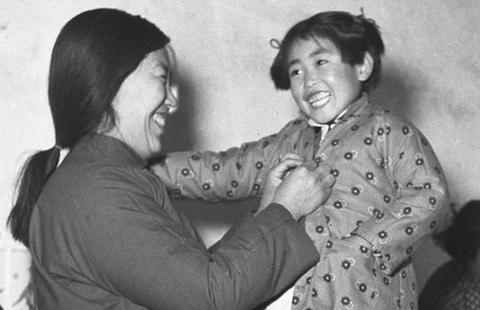
 New Year scenes preserved in old photos
New Year scenes preserved in old photos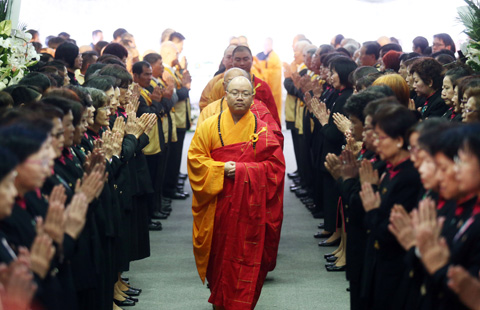
 Remembering the dead on the seventh day after TransAsia crash
Remembering the dead on the seventh day after TransAsia crash
 A homeward bound motor "gang"
A homeward bound motor "gang"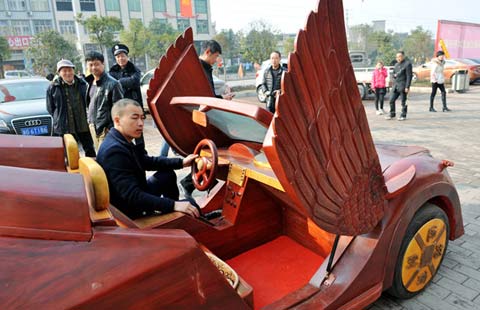
 Farmer builds sports car out of wood
Farmer builds sports car out of wood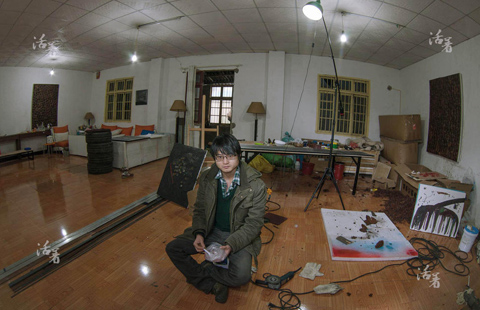
 Bleak outlook for art students six months after graduation
Bleak outlook for art students six months after graduation
 US launches drive to save monarch butterfly
US launches drive to save monarch butterfly
Most Viewed
Editor's Picks

|

|

|

|

|

|
Today's Top News
President Xi to visit US in September
Study sees consumer confidence faltering
NBC News anchor Brian Williams suspended
US confirms death of IS-held hostage
High royalties key reason behind Qualcomm fine: NDRC
Net regulator to meet US ambassador on WeChat
The peeping eyes of the United States
January inflation cools to 0.8%
US Weekly

|

|







